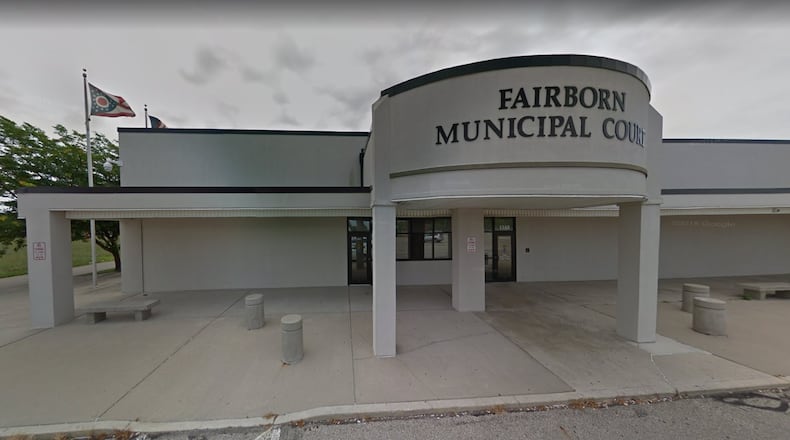“According to Ohio Revised Code, the largest municipality had to host the court,” said Fairborn City Manager Rob Anderson. “When the court was established, Fairborn was the largest municipality. But Beavercreek is much bigger now, and Beavercreek isn’t paying as much as Fairborn.”
MORE: Xenia selected as semi-finalist for small biz reality show
Any shortfall in revenue for the court is the responsibility of the host city, Anderson said.
According to data put together by Fairborn’s finance department, Fairborn paid for more than 90% of Fairborn Municipal Court in 2018.
In 2018, the City Manager of Bellbrook said the city paid $1,500 for municipal court services. The village of Cedarville paid Xenia $300 for court services, according to the city’s finance department. Xenia paid more than half a million dollars to the court that year.
“These fees, though very insignificant, paid to the city were offset by court fine revenue that those local governments received,” said Ryan Duke, Xenia’s finance director. “No other local government has any cost for the operation of the Xenia court, though it provides services to many other jurisdictions in the county.”
Xenia, over the past five years, pays the court an average of about $486,000 from the city’s general fund, Duke said.
City Manager Brent Merriman said that much money is a “significant burden” for the city.
“Taxpayers in Xenia and Fairborn are paying for court cases related to Beavercreek, Bellbrook and the rest of the county,” Duke said. “In Xenia, our taxpayers are responsible for a half a million dollar court shortfall each year, while communities like Beavercreek pay nothing for court services. The system is outdated and illogical and places an unfair burden on Xenia and Fairborn to provide services to the entire county.”
MORE: City could add fee to tickets for Nutter Center events
Changing the statute
Merriman said the inequitable distribution of responsibility is not the fault of the court or of current or former judges. This is happening because of an outdated piece of legislation, he said.
“It’s not that we’re saying anything negative about the court,” Anderson said. “It’s not the fault of the judge, it’s not fault of the court clerk. We really appreciate what they do.”
Chapter 1901 of the Ohio Revised Code sets up the municipal courts in Ohio. Paragraph B of this statute limits what Beavercreek legally must pay to Fairborn for the court. When this was written, Beavercreek was just farmland, said Fairborn’s Finance Director Randy Groves.
“It made sense back then,” Groves said. “However, the lawmakers that created this wording have not monitored its true effect over the years on municipalities like Fairborn, and now we are burdened with a most unfair proportion of the costs of the shared court.”
Merriman said he has talked with other city managers and mayors about revising this part of the Ohio Revised Code. He hopes to talk with state legislators in 2020.
MORE: Beavercreek parents buy locks to keep mass shooters out of classrooms
Anderson said getting the statute changed is “a tall order.” The municipalities that are currently paying less don’t want to start paying more.
“There would be just as many losers as there are winners,” Anderson said.
Attempts to reach Beavercreek city officials were unsuccessful.
Melissa Dodd, the city manager of Bellbrook, said she feels the city pays its fair share for the court.
Dodd said Bellbrook probably issues 50 to 60 criminal citations a year, which is less than other cities using the municipal court.
“Of course we would want to pay our fair share,” Dodd said. “But I feel like with the volume we have, we are paying our fair share.”
BY THE NUMBERS
90% — the percent Fairborn paid for Fairborn Municipal Court in 2018
10% — the amount Beavercreek paid for Fairborn Municipal Court in 2018
$486,000 — the average amount Xenia paid for the municipal court over the past five years
SOURCE: Fairborn and Xenia finance departments.
About the Author

